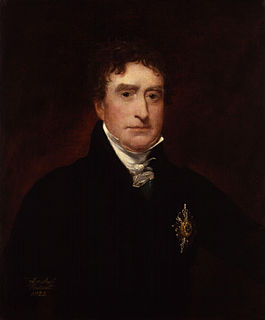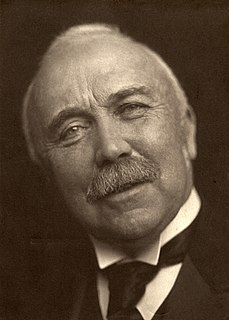A Quote by Norm MacDonald
They that are virtuous from principle may receive confidence in every capacity; but they that are so from custom or habit, are capable of trust only in matters of ordinary and settled occurrence.
Related Quotes
The capacity to be alone is the capacity to love. It may look paradoxical to you, but it is not. It is an existential truth: only those people who are capable of being alone are capable of love, of sharing, of going into the deepest core of the other person without possessing the other, without becoming dependent on the other, without reducing the other to a thing, and without becoming addicted to the other.
Basically, if the mind stays in the present, it's impossible to worry. Upon careful consideration, it becomes clear that human beings are capable of worrying only about an event that has already transpired or one that may take place in the future (although the occurrence might have just happened or may be about to happen in the next instant). The present moment contains no time or space for worry.
The traveler may feel assured, he will meet with no difficulties or dangers, excepting in rare cases, nearly so bad as he beforehand anticipates. In a moral point of view, the effect ought to be, to teach him good-humored patience, freedom from selfishness, the habit of acting for himself, and of making the best of every occurrence.
Agnosticism, in fact, is not a creed, but a method, the essence of which lies in the rigorous application of a single principle. ... Positively the principle may be expressed: In matters of the intellect, follow your reason as far as it will take you, without regard to any other consideration. And negatively: In matters of the intellect, do not pretend that conclusions are certain which are not demonstrated or demonstrable.
It matters whether you see yourself as someone who is capable of effecting change or whether you see yourself as someone whose voice does not count. It matters whether you treat yourself with reverence or with carelessness. Every bit of work you do on yourself matters. Every time you choose love, it matters.
The very general occurrence of the homosexual in ancient Greece, and its wide occurrence today in some cultures in which such activity is not taboo suggests that the capacity of an individual to respond erotically to any sort of stimulus, whether it is provided by another person of the same or opposite sex, is basic in the species.
The appeal of the spectrally macabre is generally narrow because it demands from the reader a certain degree of imagination and a capacity for detachment from every-day life. Relatively few are free enough from the spell of the daily routine to respond to rappings from outside, and tales of ordinary feelings and events, or of common sentimental distortions of such feelings and events, will always take first place in the taste of the majority; rightly, perhaps, since of course these ordinary matters make up the greater part of human experience.
The republican principle demands that the deliberate sense of the community should govern the conduct of those to whom they intrust the management of their affairs; but it does not require an unqualified complaisance to every sudden breeze of passion or to every transient impulse which the people may receive from the arts of men, who flatter their prejudices to betray their interests.




































